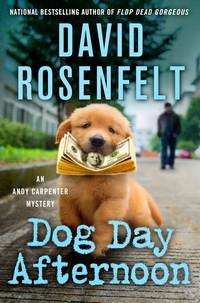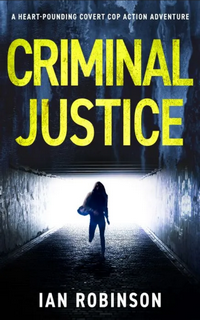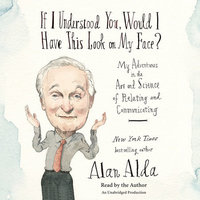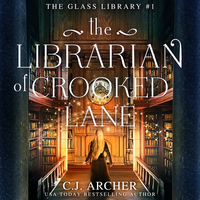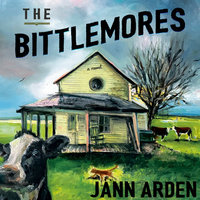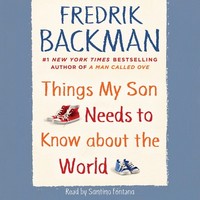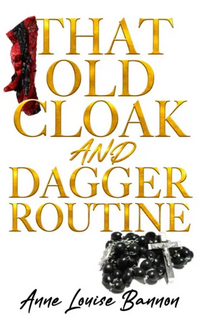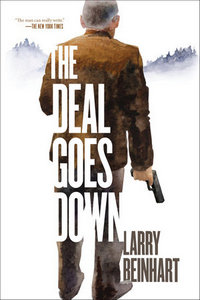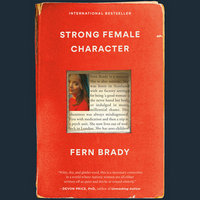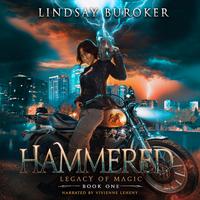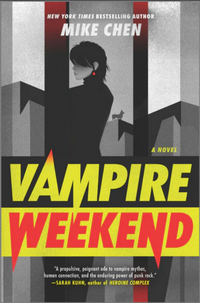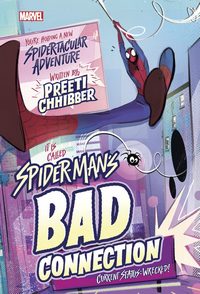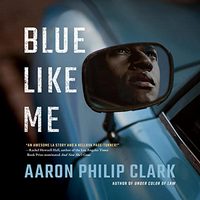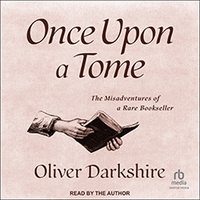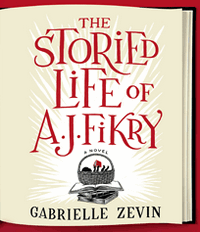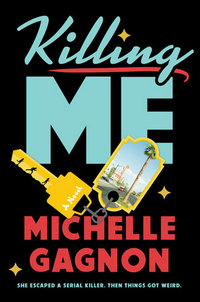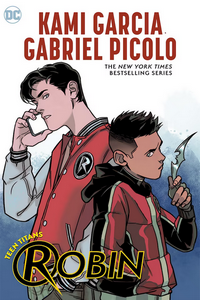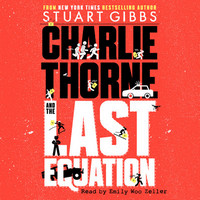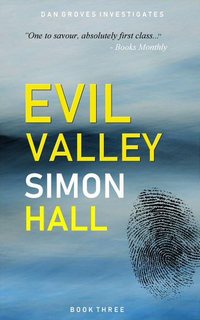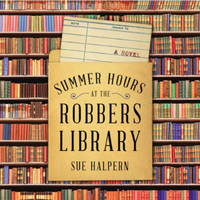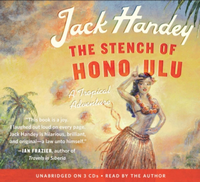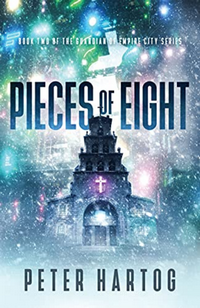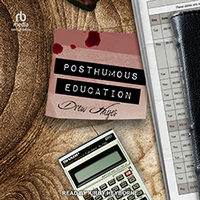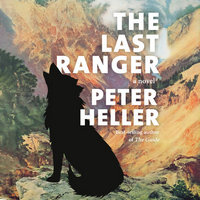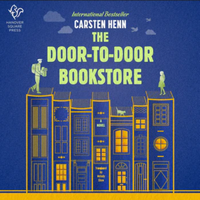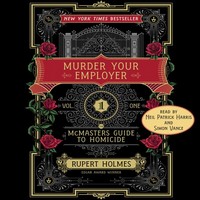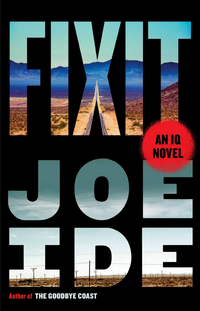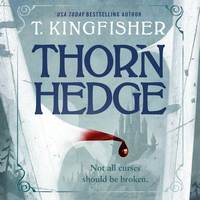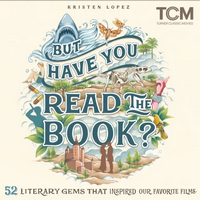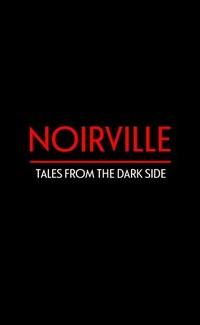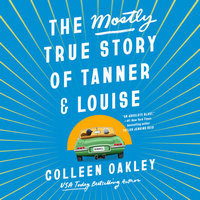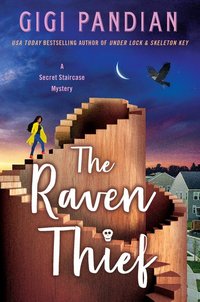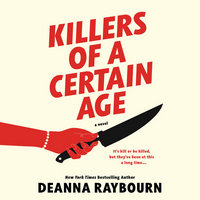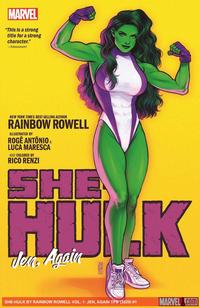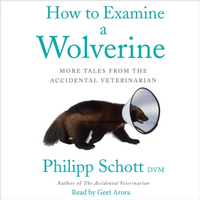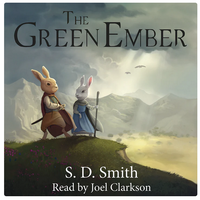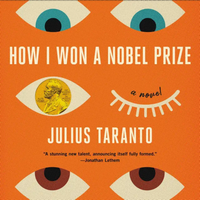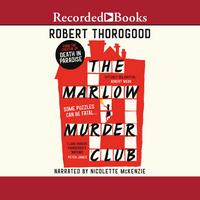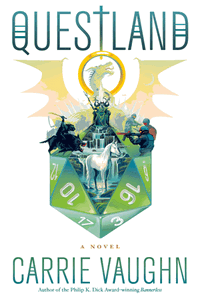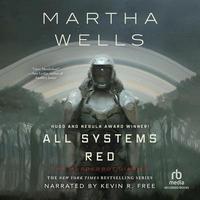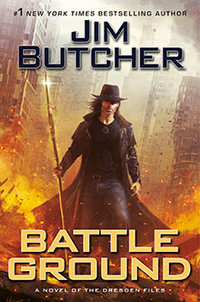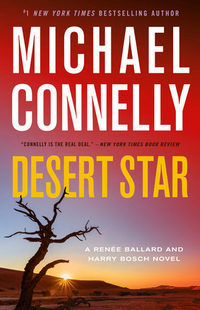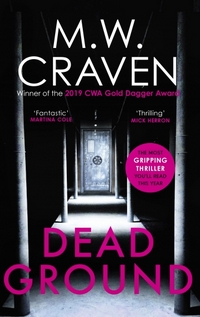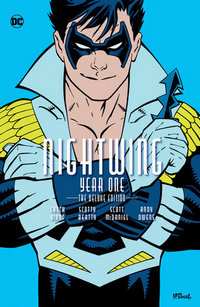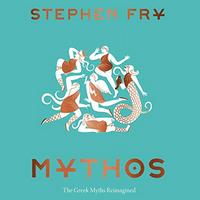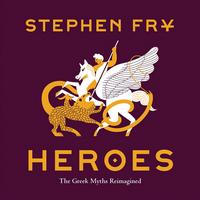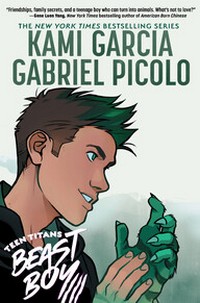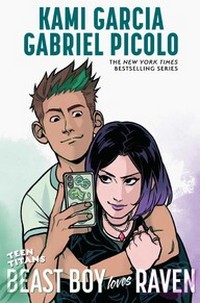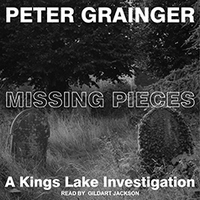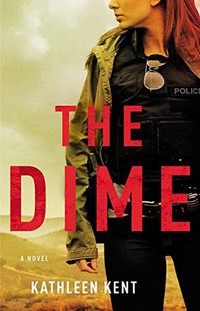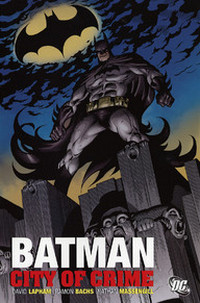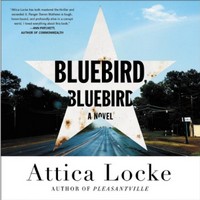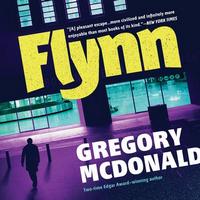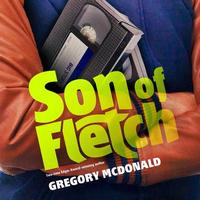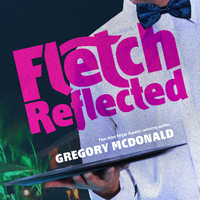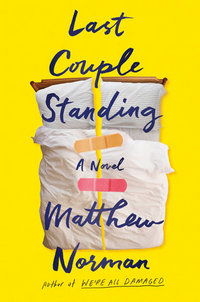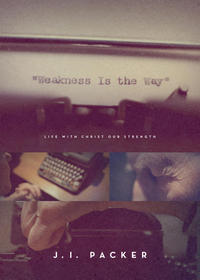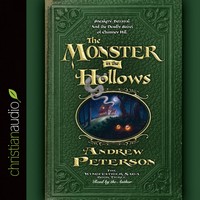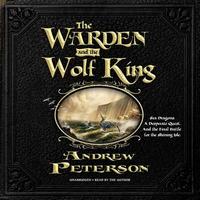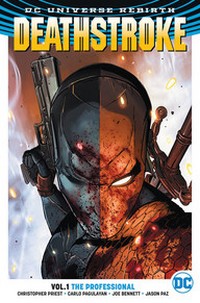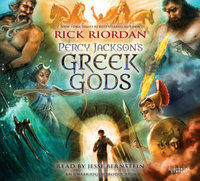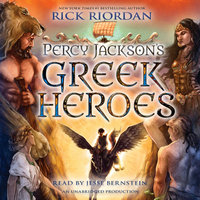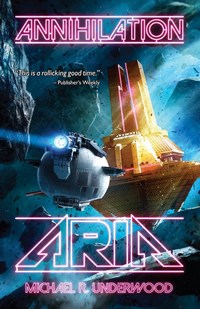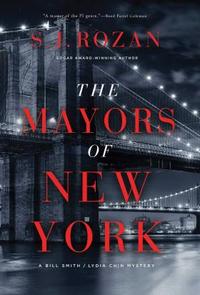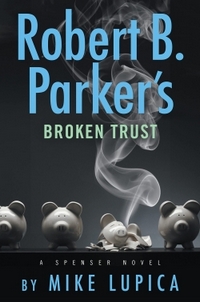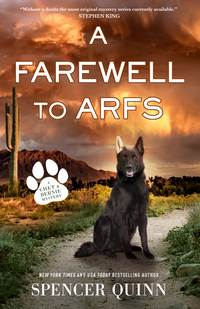 A Farewell to Arfs
A Farewell to Arfs
DETAILS: Series: Chet and Bernie, #15 Publisher: Forge Publication Date: August 6, 2024 Format: eARC Length: 288 pg. Read Date: July 24-27, 2024

What’s A Farewell to Arfs About?
We start off this book with Bernie and Chet finishing a case for the Sonoran Museum of Art (an institution we learned about a couple of books ago), and with things looking up—and money in Bernie’s pocket—this is a pretty happy way to start things.
But soon after that, Chet overhears a phone call that their neighbor, Mr. Parsons, is having—and the reader knows things are going bad for him. Bernie learns the next day that Mr. Parsons has been the victim of a phone scam and is wiped out. Bernie starts looking into it—and into the Parsons’ ex-con of a son. It looks like he may have turned his life around, and is helping other former inmates adjust to the outside world and to stay on the right path. But is that what’s really going on?
If Billy Parsons isn’t involved—who is? And is there any chance that Bernie can get back any of the Parsons’ money?
Charlie and Esmé
Bernie’s son, Charlie, has been a consistent pleasure in the series—particularly because of Chet’s devotion to him. But adding his best friend, Esmé, in the last couple of books has made the character much more enjoyable for me.
I really enjoy their dynamic, for those familiar with Syfy’s Resident Alien show, it’s similar to the dynamic of Sahar and Max, only Esmé has a little more patience with Charlie than Sahar does with Max.
Even better, we get to meet Esmé’s father in this book—who seems like a good guy for Bernie to talk to in general—he has no knowledge of Bernie’s past, he’s not involved with policing, investigations, or anything like that. Just a friendly guy—who happens to be smart and (coincidentally) involved in an area that Bernie needs help understanding for the case. I enjoyed their conversation and hope we get more in the future.
(still, I do like the way that Charlier got to shine a little brighter this time than he usually does)
Bernie’s Past
Whoa. I did not expect any of what we learned about Bernie’s father in this book. Frankly, I didn’t think we’d ever learn anything about him—we barely know anything about his mother (and I’m okay with that based on Chet’s descriptions). But all of a sudden, there’s a lot about Harry Little being talked about.
It works—don’t get me wrong—and now I want to know more about Harry, his relationship with Bernie, and what was going on with him in general. We don’t get that (now?), but we get a glimpse of the man that was a presence in Bernie’s life until his early death. And that’s not nothing.
Feelings, Nothing More than Feelings
So, all the stuff about Harry Little added some emotional weight to the novel. But we didn’t need any of it—I’m not objecting, don’t get me wrong—but the last thing this book needed was more going on emotionally.
There’s some drama between Bernie and Weatherly. Bernie’s found a new way to botch things up with a woman—no real surprise there. The only plus is that it is a new way—he’s not repeating mistakes he made with Leda or Suzie. Maybe there’s some growth there—but it’s not Bernie at his best.
Related to that are some real dark moments for Bernie—we’ve seen hints of things like this from him before. But I don’t think it was ever this pronounced. Bernie is not always a good guy, he’s not only a white knight—there’s a noir character in him, battling to come out. And Bernie’s control slips early on in the novel and he has to reckon with the fallout.
But that’s not all. The Parsons have been aging and declining in health for a few books now, and for them to get wiped out like this—and then whatever that may or may not say about their son? There’s just no way to read this without your heartstrings being tugged. Scratch that—they’re yanked.
I don’t want to be unclear here (he says after probably giving the wrong impression). This is still a Chet and Bernie book like fourteen that have come before. Chet’s still irrepressible, he’s still an unreliable narrator obsessed with Bernie, food, smells, putting his teeth on perps, and snacks. He will make you laugh, and you will enjoy Bernie tracking down clues and the rest. But, like the better installments of this series, there’s a lot more going on than Chet’s antics—and Quinn makes sure that the depth is there.
So, what did I think about A Farewell to Arfs?
I admit that I was hoping for a criminal named Mike Craven to show up—to get back at Craven’s accidental use of Quinn’s name in last year’s Fearless. But it’s probably too soon for that—maybe in the next couple of years?
Once I saw what Mr. Parsons was doing on the phone, I muttered to myself (and texted a friend) that “Quinn’s getting all the mileage he can out of the research he did for Mrs. Plansky’s Revenge.” More power to him, obviously, but it did feel a little like a re-run. Thankfully, the story went in a very different direction—as I assumed it would, but still. In fact, while this might have been the result of the same research, the nature of the phone scam was different enough to shut me up.
I’m not sure that Weatherly handled things as well as she could’ve, but I’m not bothered by an imperfect character—she can be as flawed as Bernie. But that was the only hitch I found in this book or the events in it.
I really appreciated the depth we see of Bernie’s character, an angle or two that we haven’t spent that much time looking at before—we get to focus on. There’s more to him than being a decent PI with a lousy approach to finances. And if how he treats the Parsons doesn’t make your heart melt a little, you weren’t paying attention.
We get the usual chuckles (including Chet giving the reader a good idea about what he thinks about legalized marijuana), a good story, all the feels I described above (and more), and some good action scenes. What more is there to ask for?
Nothing that I can think of.
Disclaimer: I received a copy of this book from Tor Publishing Group via NetGalley—thanks to both for this.

This post contains an affiliate link. If you purchase from it, I will get a small commission at no additional cost to you. As always, the opinions expressed are my own.
![]()



